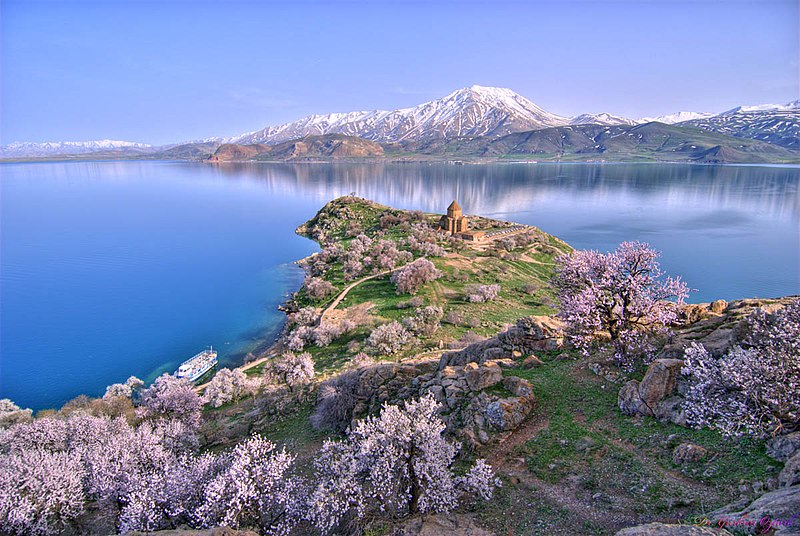Asia and Pacific
-

US Azerbaijanis campaign for elimination of funding for Nagorno-Karabakh
[ 25 Mar 2010 07:24 ] Washington. Isabel Levine–APA. US Congressman Frank Pallone Jr. along with 27 pro-Armenian members of Congress sent a letter to […]
-

IMPLICATIONS OF THE FAILED TURKISH-ARMENIAN NORMALIZATION PROCESS
Turkey Analyst, vol. 3 no. 5 15 March 2010 Svante E. Cornell In spite of great hopes and much foreign pressure, the Turkish-Armenian reconciliation process […]
-

Armenian President To Visit Syrian Site Of 1915 Tragedy
Armenian President Serzh Sarkisian March 24, 2010 PRAGUE — Armenia’s President Serzh Sarkisian is due to visit an area of Syria that was the final […]
-

Armenia: Key Beneficiary of Russian-Georgian Border Opening
March 23, 2010 By: Emil Danielyan Verkhny Lars checkpoint Russia and Georgia have reopened their main land border crossing less than 18 months after fighting […]
-

Talking Turkey about the Armenian Genocide, Tim Gannuzzi, Column, March 18, 2010
in ArmeniaKANADA: Calgary Herald’da yayinlanan “Talking Turkey about Armenian genocide” baslikli yaziya cevaben CTC’nin editor’e gonderdigi mektubu asagida gorebilirsiniz. Banu RE: Talking Turkey about the Armenian […]
-

The Never-Ending Armenian Genocide Resolution
in Armeniaby Morton Abramowitz 03.19.2010 Over the last forty years, a resolution has frequently come up in one or both houses of Congress declaring the killings […]
-
US Azerbaijanis campaign for elimination of funding for Nagorno-Karabakh
-
IMPLICATIONS OF THE FAILED TURKISH-ARMENIAN NORMALIZATION PROCESS
-
Armenian President To Visit Syrian Site Of 1915 Tragedy
-
Armenia: Key Beneficiary of Russian-Georgian Border Opening
-
Talking Turkey about the Armenian Genocide, Tim Gannuzzi, Column, March 18, 2010
-
The Never-Ending Armenian Genocide Resolution
